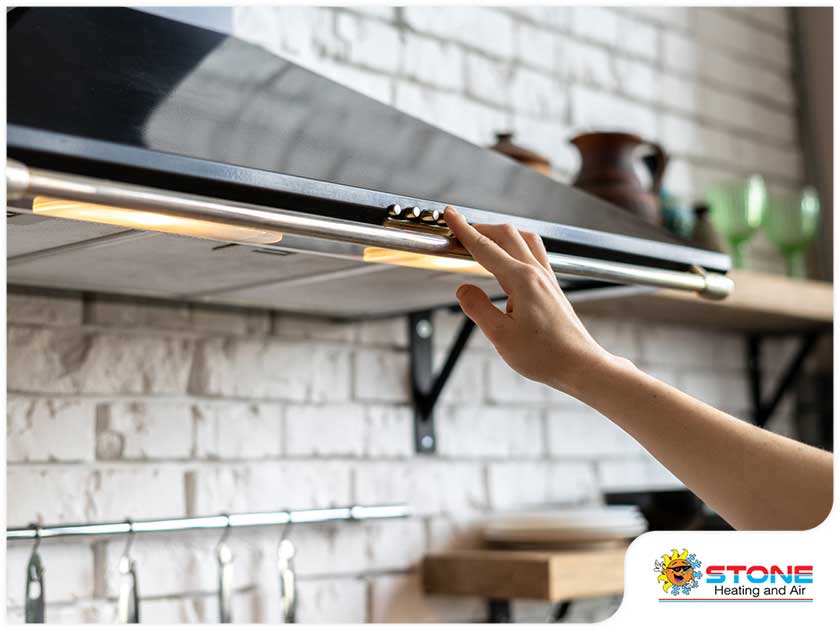5 Ways To Reduce VOC Levels In Your Home
The presence of volatile organic compounds (VOCs) in your home can be dangerous to both your family’s health and the environment. VOCs are found in everyday items like furniture, cleaning supplies, air fresheners, paints, glues, and more. In this blog post, we will discuss what VOCs are and how they can affect you, as well as provide tips for reducing VOC levels in your home so that you can live a healthier life.

Definition of VOCs
What Are VOCs?
Volatile organic compounds (VOCs) refer to chemical gases that come from certain solids or liquids that evaporate into the air at room temperature. Paint thinners, gasoline fumes from car exhaust systems, industrial solvents used by dry cleaners and printers, building materials like insulation foam sealants, and glues made with glues that contain formaldehyde are all common sources of these chemicals.
Why Are They Dangerous?
High levels of VOCs have been linked to a number of serious health problems, such as irritation of the eyes and breathing problems. This is due to sensitivities created by increased exposure over time, along with headaches and nausea caused by short-term, high-concentration exposures. Other symptoms, like fatigue and muscle pain, have also been reported. Some studies suggest even low-level concentrations might lead to depression over time if left unchecked. VOCs are hazardous to our health, which is why it is important to take the necessary precautions beforehand.
Ways to Reduce VOCs
Use Green Cleaning Products
Green cleaning products are less likely to have harsh chemicals and volatile organic compounds (VOCs) that can hurt the air quality in your home.
Ventilate Your Home
Open windows when possible, use fans to circulate the air, and install ventilation systems such as exhaust fans in bathrooms and kitchens to help reduce VOC levels in your home.
Avoid Air Fresheners and Fragranced Candles
Air fresheners contain high levels of VOCs, which can cause health problems if breathed in for long periods of time. Avoid using these products or opt for natural essential oil-based air fresheners instead.
Use Low-VOC Paints and Finishes
When painting or staining wood furniture, look for low-VOC paints and finishes, which will not emit as many toxic fumes into the atmosphere. Also, consider using non-toxic sealants on countertops or other surfaces where you may be exposed to harmful vapors from traditional sealants.
Buy Certified Furniture/Carpets/Bedding
Check labels before buying furniture, carpets, or bedding materials that may have been treated with fire retardant chemicals containing VOCs; make sure they have been certified by an independent testing organization so you know their safety standards meet certain criteria designed to protect our environment, further reducing any risk potentially associated with them.
Reducing your exposure to VOCs is important for both your health and the environment. If you’re looking for a way to improve the indoor air quality in your home, contact the leader among trusted HVAC maintenance companies, Stone Heating & Air, Inc., in Central Point, OR. We offer a variety of services, including duct cleaning and home heating repair. Contact us today at (541) 855-5521 to schedule an appointment!
Category: Indoor Air Quality
Request An Appointment
Related Content



